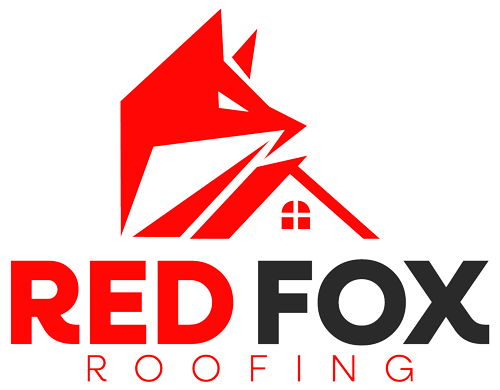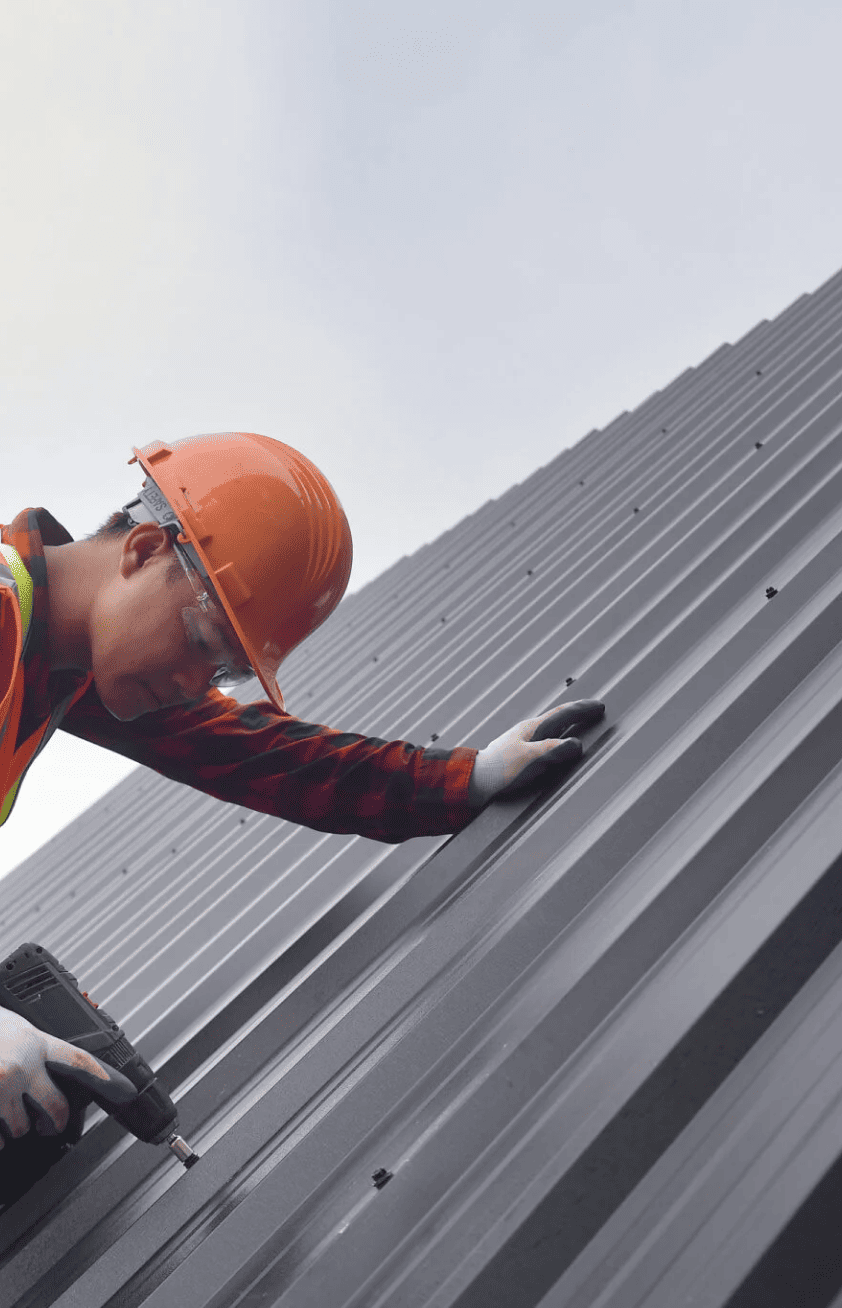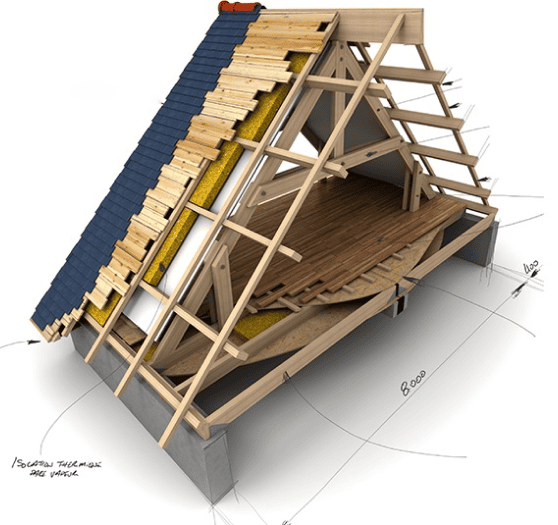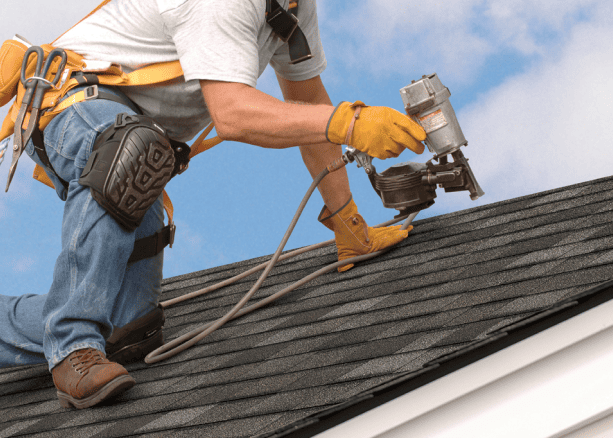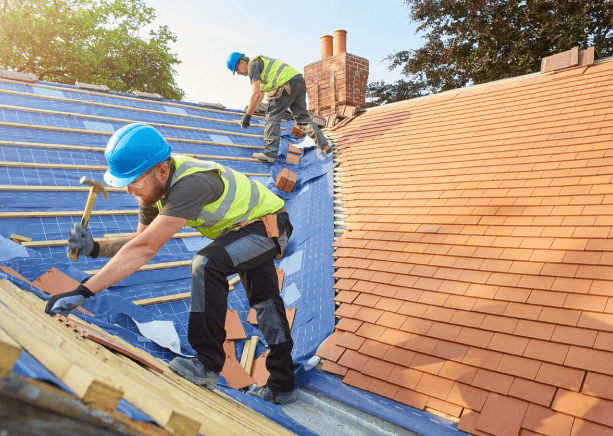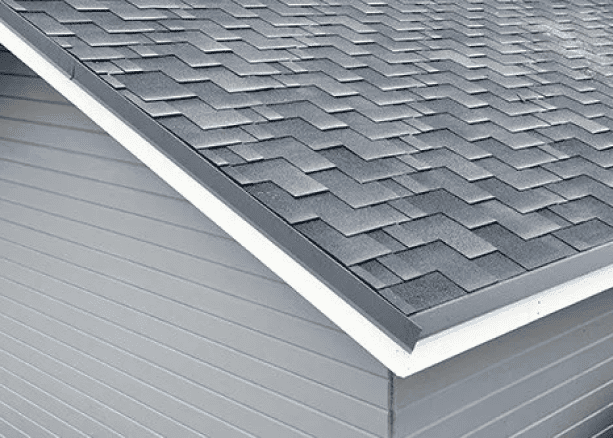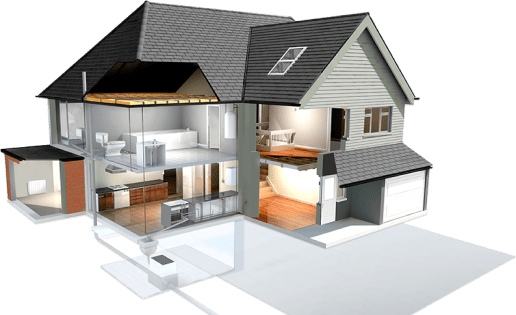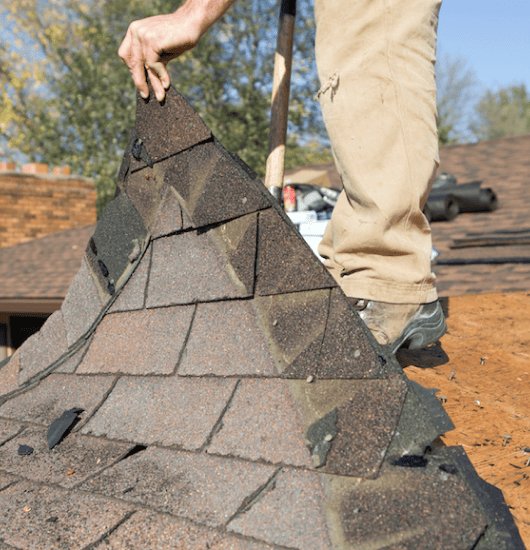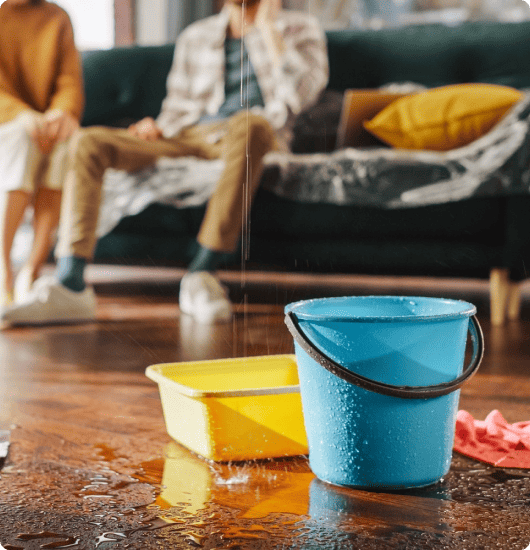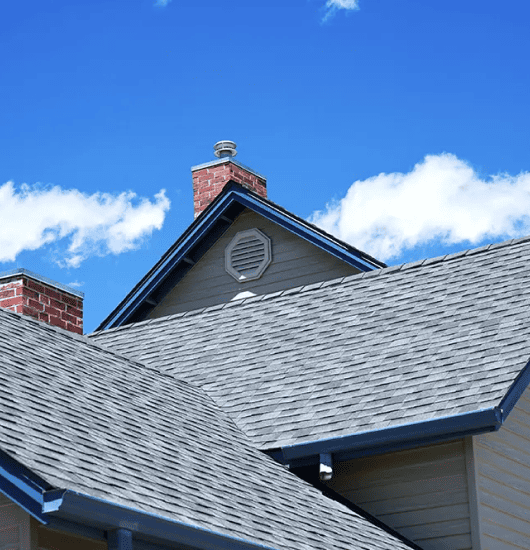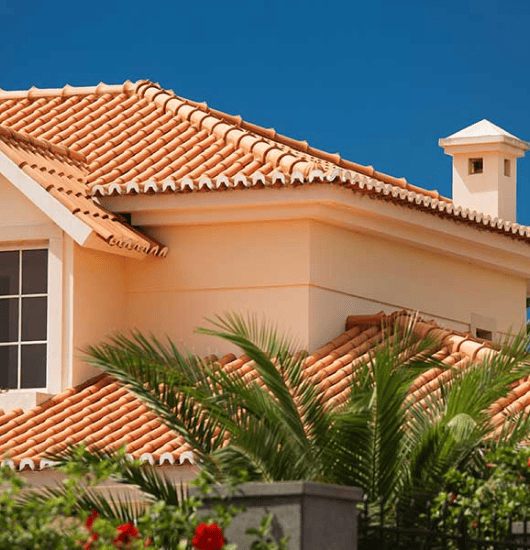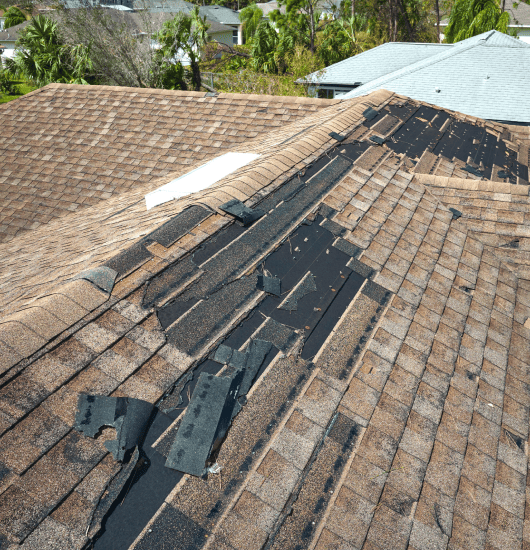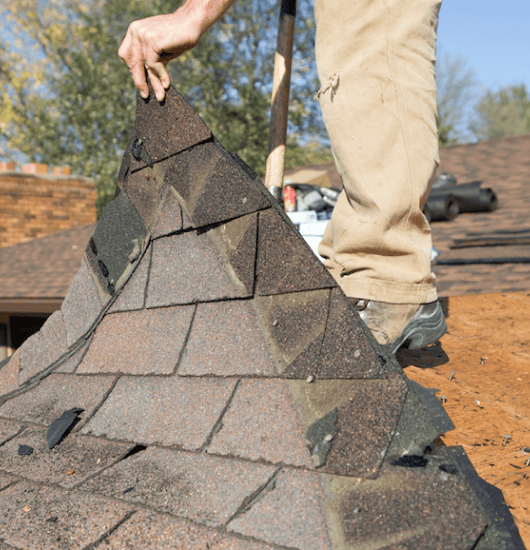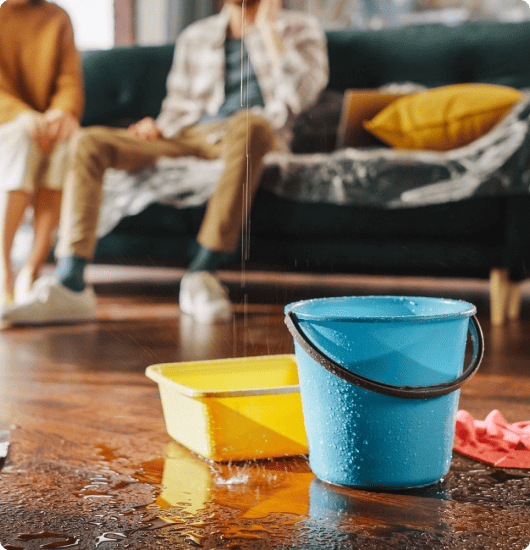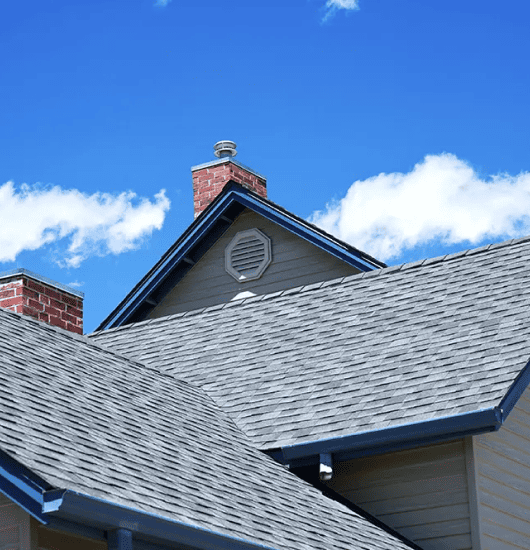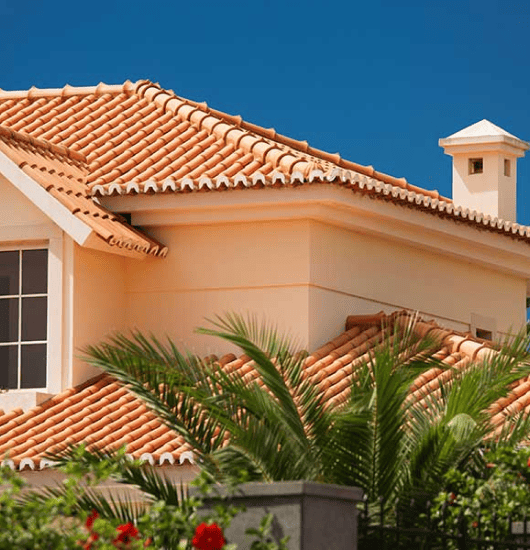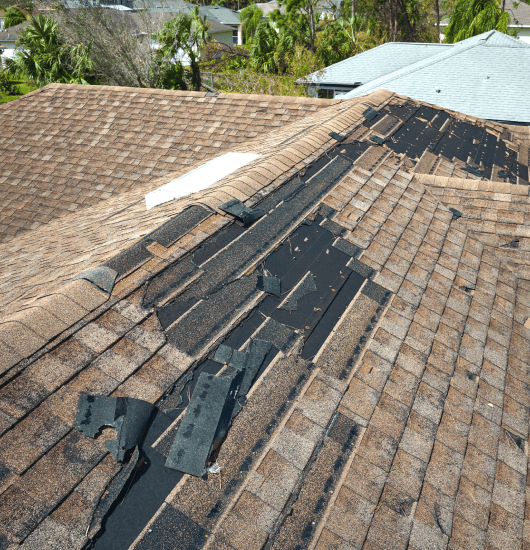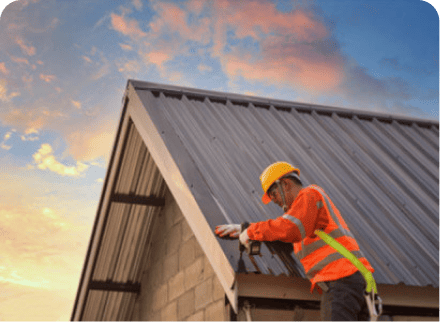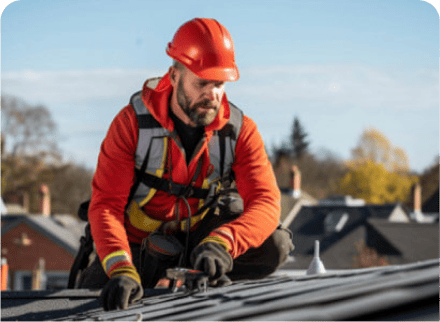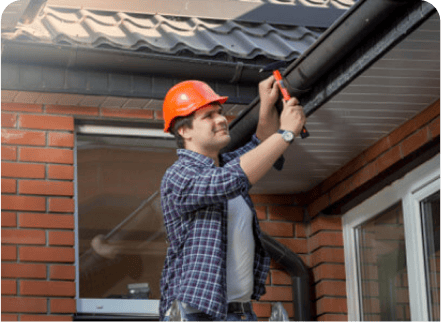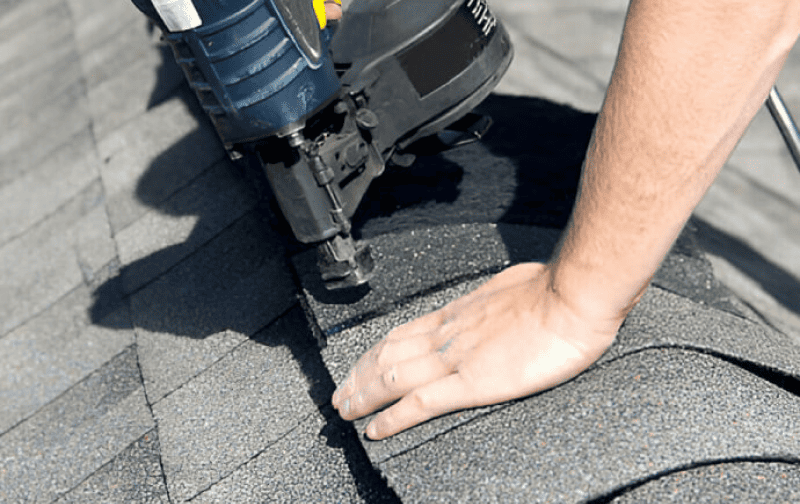There's a new building at 1899 Bacons Bridge Road, nestled among the trees just off the highway, with palmettos decorating the entrance. It is Summerville Preparatory Academy (SPA), the community's newest charter school, which opened its doors this year.
For the 2024-2025 school year, SPA is open to students in kindergarten through sixth grade who reside in South Carolina. Over the next few years, SPA plans to add seventh and eighth grades. There are currently about 600 students enrolled, and it will have 900 students when fully built.
Charter schools, like public schools, receive federal and state funding through tax money on a per-student basis. This is different from private schools, which are funded through tuition. A key difference between charter and public schools is that, while all students are welcome to apply, getting in is not always guaranteed. Thus, many charters, including SPA, implement a lottery system to select who attends. Another key difference is leadership; a different board governs SPA than the schools in Dorchester School District Two (DD2). Public school districts have school boards that are publicly elected, whereas charter school boards are not.
According to a Live 5 News interview with Dorchester School District Two Superintendent Dr. Shane Robbins, SPA's opening contributed to a decrease in student enrollment in DD2 this year, which was about 700 students short of the projected number. Tax funding follows those students as they transition between schools.
South Carolina State Director for Charter Schools USA Susan Gibson said Summerville was a "really good market" for Charter Schools USA to open a new school, citing a lack of charters in the area.
"We're growing a lot in Summerville and South Carolina in general," Gibson said. "We have a lot of new growth, many people coming in, and the schools can't keep up. It's really hard to keep up with the growth of regular public schools. And so, we look for places like that that might need some support in extra schools, where people could choose whether to go to the regular public school or a charter school."
It's true — the Summerville area is growing. However, voters approved a $200 million "no tax, no millage" referendum in spring that has gone into action, updating and expanding DD2 facilities to accommodate the growing population. Still, Gibson said charters can help alleviate the growing pains of population increases faster than the school district and parents want to have a choice of where to send their children.
"It's giving them a choice," she said. "Sometimes, the public schools are bursting at the seams and they're unable to keep up with that population growth. We can do a standalone school a little faster than a district. Sometimes, parents don't want to necessarily go to their neighborhood school. They want to pick the school that their child goes to. It's a little easier with the charter school to come in and say, 'Oh, I like this part of the program, I want my kid to go to that school.' So I think they're picking them for those reasons. It just gives more opportunity and choice for a parent."
The school's education model includes learning "villages" of large groups of students who learn together across grade levels with multiple teachers. There are also breakout rooms for different activities and small group learning time. Additionally, there is a focus on individual development, with each student receiving a "personalized learning plan," or PLP.
"One of the biggest things that we do a little bit differently than a regular public school is we have personalized learning plans. I know they're beginning here, so I will say that sometimes when you open a school, they don't start as fast as they should, so you'll see it. If a parent is reading this, I want them to know that we've been working on them," Gibson said. "If a student needs more support in an area, then one teacher can pull a small group to one of the other rooms, or vice versa, or for the fact that if a kid is achieving more, we're able to push them further in that same type of model. So it gives them a little more individualized learning and looking at where the child's at, rather than their age or specific grade."
In addition to PLPs still being prepared, there have been other obstacles. The original principal, Tony Wilson, recently resigned. His replacement is Jean Castelli. Gibson said it's all part of the process when opening a new school.
"Anytime you're opening a new school, there's bumps in the road," she said. "I personally opened a new school as a principal. I opened two, and they were both very successful, but everybody was new to the building that first week. Every child is new to the building, and it isn't easy. We had really supportive parents, though. They were so understanding and excited about the new school and gave a lot of grace for those first couple of weeks, which was great. I think being honest with them in those informational meetings that a new school is difficult made all the difference in the world."
Gibson also noted "almost 100%" of the school's teachers are certified, with the rest finishing their certification courses.
When looking to the future, Gibson said the school aims to build traditions and community.
"I think some of the goals are just to continue to build and grow from what we have, start to develop those traditions as a school so that you go to Summerville Prep because they do this type of a community feel, I think becomes important," she said. "What will be something that we're going to do every year? They went caroling yesterday, for the first time, at the first kind of concert. Is that going to be something that's going to be our tradition, or is it going to be something in the spring, 'We do this as Summerville Prep'? Creating those traditions and longstanding types of things is what makes a school part of the community. I think more to come on that because each school takes on its own kind of personality, which is exciting."
